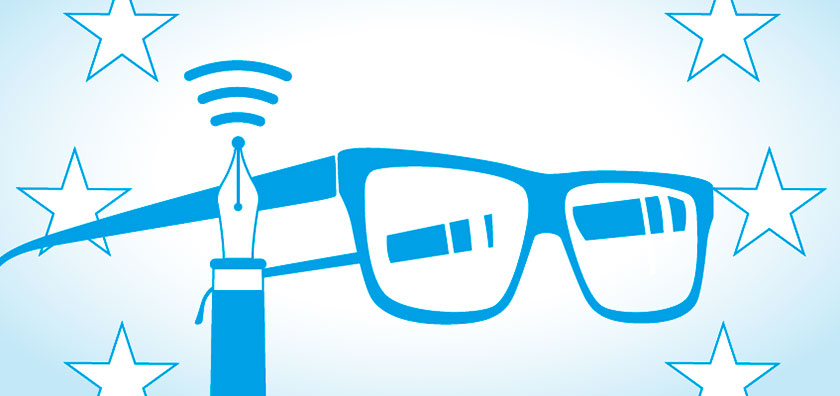- 9 March 2020
- Posted by: inmentor
- Category: blog

On 12 September 2018, after months of heated debate, the European Parliament finally approved the proposal for a new directive on copyright.
The aim of the European Commission’s proposal is to reform existing legislation by updating and strengthening intellectual property rights in the face of the challenges posed by the Internet.
The new directive seeks (a) to deliver “tangible benefits for EU citizens, researchers, educators, writers, artists, the press and cultural institutions”; (b) “to open up the potential for more creativity and content”, and all of this (c) “by safeguarding freedom of expression and ensuring that online platforms can develop new offerings and new business models (…)”.
It is a complex project that attempts to create a legal framework where different interests can coexist, but the truth is that their reconciliation remains to be seen.
Among the new features of the future EU directive on copyright it is worth noting Article 11, which would allow newspaper publishers to claim compensation for having their articles or parts of them shared on platforms such as Twitter or Facebook, said claim limited to a maximum period of 20 years.
However, the mere use of links would remain free. Furthermore, the new directive addresses and involves “providers of online content exchange services” (hereinafter “digital platforms”) more seriously in the fight against the illegal uploading of copyrighted works on the Internet. For example, under Article 13 of the proposed directive, digital platforms such as YouTube or Google will have the obligation to monitor that content shared on their platforms does not infringe any intellectual property rights, regardless of whether the copyright holder concerned has claimed an infringement or not.
In addition, they will have the obligation to take all “appropriate and proportionate measures” to ensure “the proper functioning of the agreements” that may have been reached with the copyright holders. Even if such agreements do not exist, digital platforms must take any appropriate measures to prevent sharing or making available works that infringe intellectual property rights of third parties.
The European Commission’s objective is to definitively approve the reform by the end of 2018. But we have not yet come to the end of the road. The three European institutions (Parliament, Council and EU Commission) will now have to negotiate to reach an agreement on the new directive’s final text.
We will eagerly wait for further developments on how the new European copyright law will turn out.

